How to choose the best recording studio for you – 5 things to look for
Here is our guide of 5 things to consider to find the perfect recording studio for you.
Shopping for a recording studio
Studios come in all shapes and sizes, and with all types of people running them! From the very large and famous studios in London, like Abbey Road, Metropolis etc, to the very basic home studio that has been set up without even a glance at acoustic treatment.
Anybody can record music in the 21st Century, so…
Make your recording shopping list
As with any big spend you’re likely to make, it’s important to do your research so that you get the results you’re aiming for. To start with, what genre of music are you recording, and how much professional expertise will you need to achieve your goal? It’s good to find a studio and music producer with skills to match.
Secondly, imagine the sound you want to create and how many musicians will be involved. This will determine the physical space you’re going to need and possibly the equipment you need the studio to have, e.g. acoustic piano.
Thirdly, how long do you think you’re going to take? How many songs and how well rehearsed are you? If you’re not sure how long you’ll need, you can ask for guidance as you’re shopping around. Also check out our tips on getting your song ready to record here. How much music you will be recording will directly influence your budget (or vice versa).
Your budget
If you’ve got a small budget then you’re likely to compromise on your dream one way or the other, so it is a great idea to prioritise your shopping list, and what’s most important to you. E.g. is it most important to have a large recording space? Or is it more important to have hands-on expertise from an engineer or producer who understands your music?
Once you’ve got your shopping list, now it’s time to find a recording studio to match.
Your starting point is probably…
Studio location
Local Google search can be handy for this, as can Yell or other directories. Unless you’ve got budget for overnight stays, finding somewhere within easy travel distance is essential.
(As an aside, in our market research exercises, we found that there are directories which ask for your search criteria and contact details before requesting quotes from nearby suppliers. You don’t get a list of results on screen. It seems like quite a good idea, but we tried it and nobody came back to us at all, so this may not be the most efficient method!)
Make a list of 3-5 likely candidates and look on their websites for your priorities. You can quickly eliminate those that just don’t fit and call up the ones that look promising.
An alternative starting place is asking around (and I don’t mean a general Facebook post – as those kinds of recommendations are probably not going to be the most qualified.) Talk to fellow musicians and artists and ask in social media groups for local musicians. You will hear it if they have been won over by like-minded musos at their favourite nearby recording studio! If you can hear that excitement, it’s going to be worth following up.
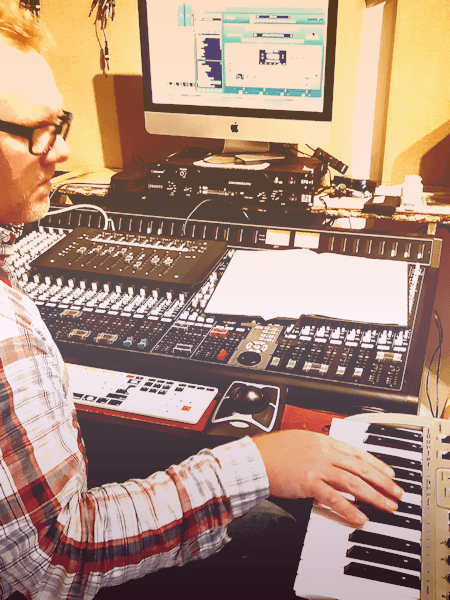
Studio engineer or producer
Please don’t underestimate the importance of a knowledgeable engineer or music producer who is invested in your sound recording. Look for someone who asks lots of questions about you and your music. This is a sign of their professionalism and engagement in your work.
Are they professional? Are they asking practical questions about timings, your equipment and a proposed structure of the recording session? Do they send you a briefing sheet? Are they preparing you to be ready before you arrive? This is a good sign that they are going to slick and efficient during your session.
In summary, a studio engineer or producer who grasps your vision, is aware of how to run to time and budget, and has synergy with you, is a great step towards getting that top notch recording.
Recording space and the studio facilities
When shopping for a studio, size can really matter. Sometimes a big space is essential, but these days you can also find small boutique studios that are excellently designed and resourced. A skilled engineer or producer will know the techniques to make you sound like you’re coming out of a bigger studio. You just need to be aware of certain signs of quality.
Recording studios are generally made up of three rooms: the live room and/or isolation booths where the music is performed; the control room, where the engineer works; and a machine room, which houses noisier pieces of equipment.
Modern, clever studio design means that this layout can be more flexible, especially in smaller studios where space is premium. The machine room can be replaced with custom-made sound-proofed furniture. And live rooms can be divided into multiple sections with foldable sound-proofed doors.
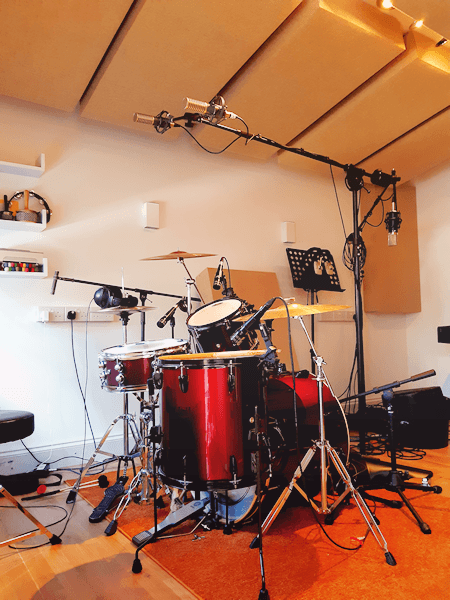
Beyond that it’s really a question of how many people you need to fit into the studio! For example, with a band playing together, you’ll likely need to have space for a drum kit and drummer, two guitarists and amps, possibly a keyboard player and keys, and singer(s).
Isolation booths can be very effective when recording vocals or guitars too so that individuals don’t get swamped by the loudness of other instruments.
Acoustic properties
Good recording studios will be acoustically treated with both sound absorption and diffusion materials in and around the studio walls and surfaces. The aim is to create a space that responds well to sound so that it can be recorded with precision and accuracy. A studio space can be manipulated so that there are no dips or bumps in loudness at particular frequencies when recording sound. Contemporary studio software, like Sonarworks, can also be used to help the studio engineer smooth out any acoustic weaknesses of the room.
You can ask the studio to send samples of recorded sound similar to your project so that you get a real sense of what to expect.
Practicalities
Aside from choosing a studio near enough to travel to, it’s important to make sure there aren’t any practical headaches on the day. Look for a studio with vehicular access for unloading and loading equipment and easy parking. Make sure there is space to store your personal gear securely, and access to local shops, pubs, cafés and parks are also a plus point when you need some downtime from long sessions.
A quick note on visitors and ventilation at this point. After the pandemic, studios may have revised previously open policies about how many people are coming as supporters. Make sure you mention it if you plan to bring in guests, just to ensure everyone will be welcome and comfortable with seating, air conditioning, washing facilities plus good ventilation and a place for breaks. On warm days we give guests access to our garden with a coffee facilities for example.
Recording equipment – the sound!
Recording sound well is a sum of the quality of the sound source and performance (i.e. you!) the engineer’s expertise, the acoustic properties of the room, the microphones and their placement, and the recording hardware.
You will have a chance to talk to your engineer about equipment that they would like to use, preferred method of recording and any recording techniques.
Look at the studio equipment list in the studio website. Look for a range of microphones – as different mics are suited to recording different types and volumes of sounds, from close vocals, to banging snare drums – it’s good to see a variety and look for names like Neumann, Mojave, Shure and MicroGeffel.
Recording hardware includes mic preamps or a mixing console and analog to digital converters. Look for names like Neve, SSL, Burl, Allen & Heath and AVID.
Atmosphere
Something you will notice when you visit a studio is the atmosphere. Though difficult to describe, it probably goes hand in hand with how well you get on with your studio engineer or producer. It’s how the place makes you feel overall and how you want to feel! So, whether you want to feel at home and at ease, or if you want to feel edgy and excited, notice if there’s anything that feels wrong to you. You want to get the best performance and best recordings out of yourself and your group and gut instinct is good to listen to.
In summary: keep your head when you shop for a studio
Hopefully this guide has given you some clear points to look for when shopping for a studio.
You may want to save loads of money and use a friend’s home studio, but if they haven’t covered the basics to record sound with precision, then your recording will not be good.
You may also fall in love with a beautiful studio space that looks sensational and seems incredibly cool, but if it decimates your budget, is it worth it when you can achieve equal results for a lot less money?
So try to keep a cool head, ask some good questions and have a terrific time recording your music!

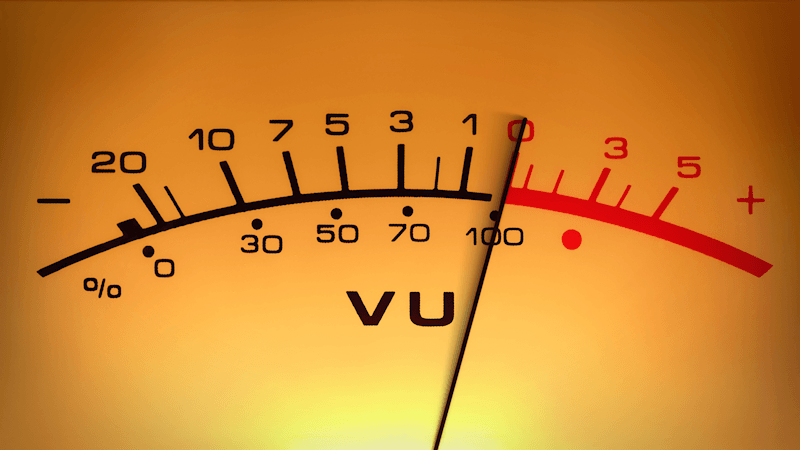
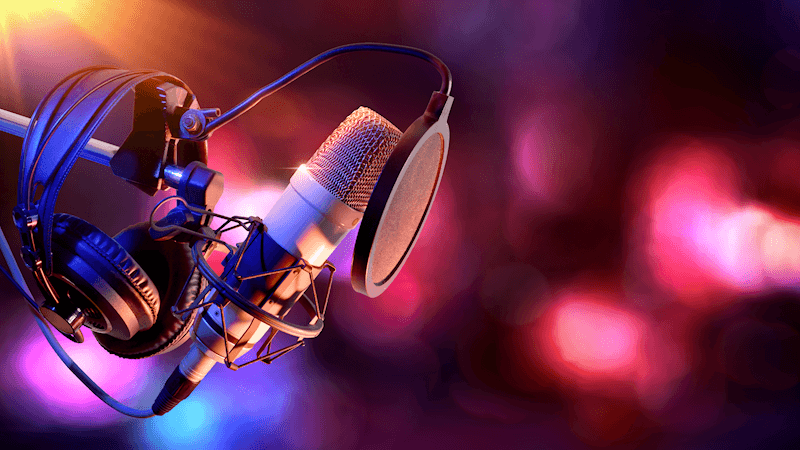


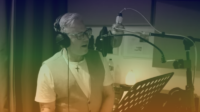


what studio is good for thrash metal, metallica, anthrax, style stuff
Go to Nick Wood at Broadwood Studios in Kent. He’s your man! https://www.broadwoodmusic.com/
I’m on the south coast and am looking for a good music producer and recording studio to produce a reggae album.
Any recommendations?
Not that we know… but wishing you the best in finding the right person!